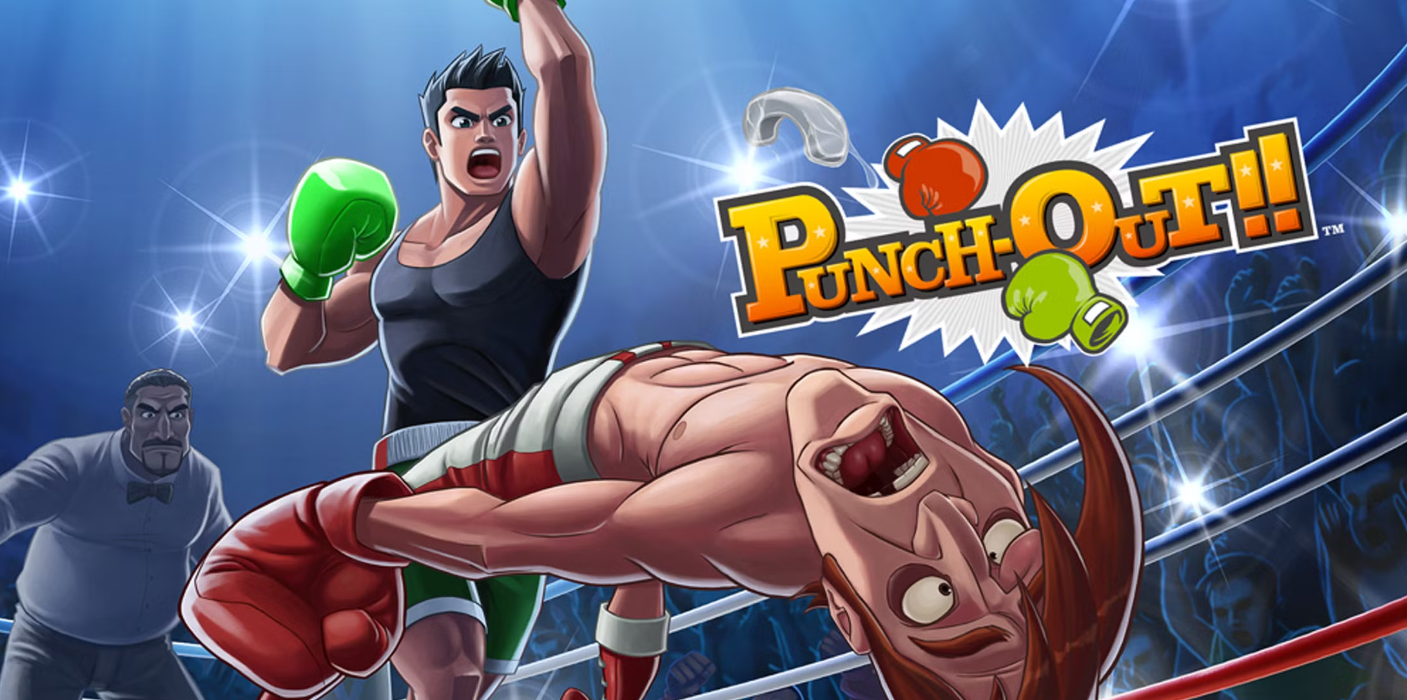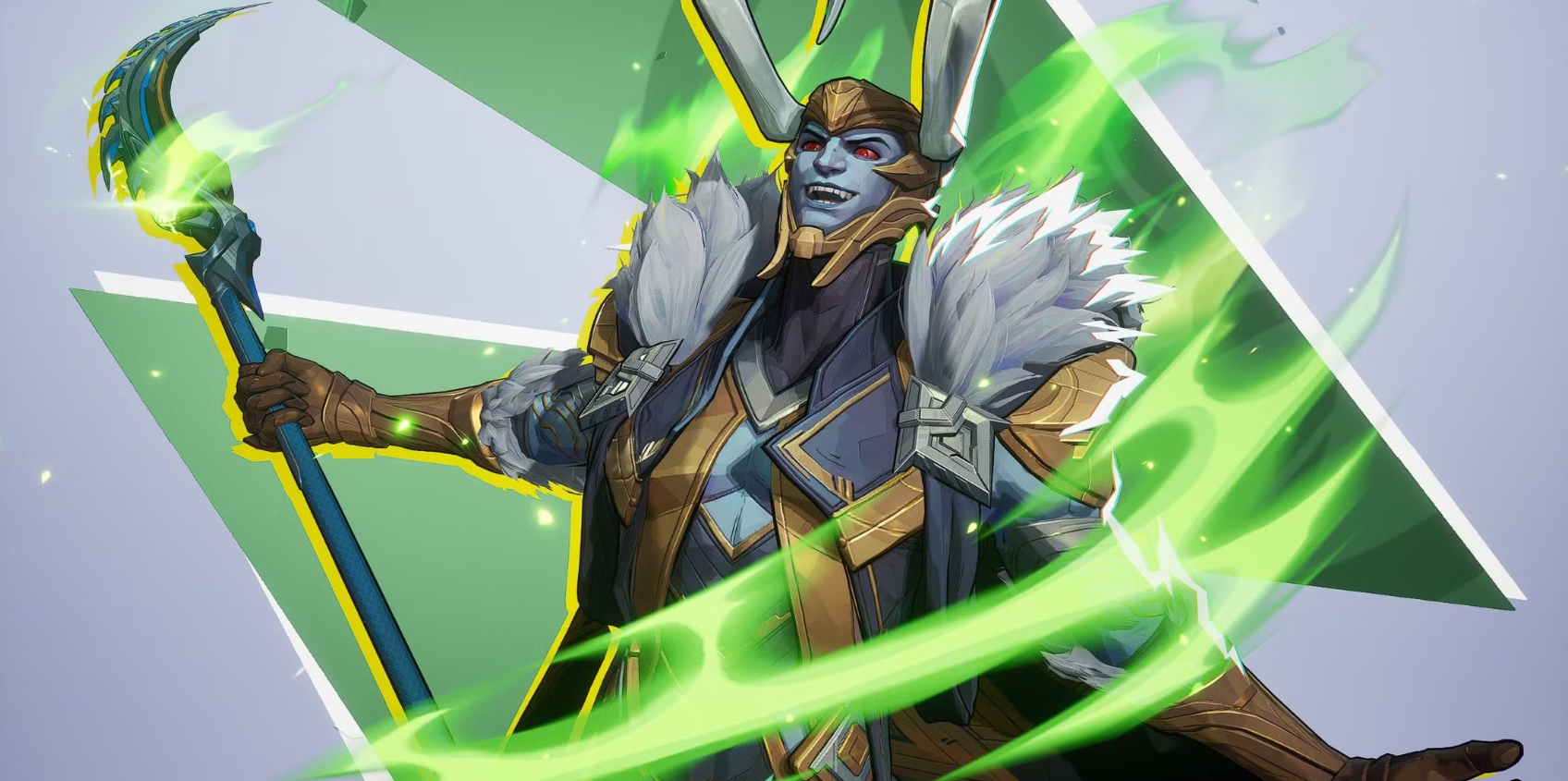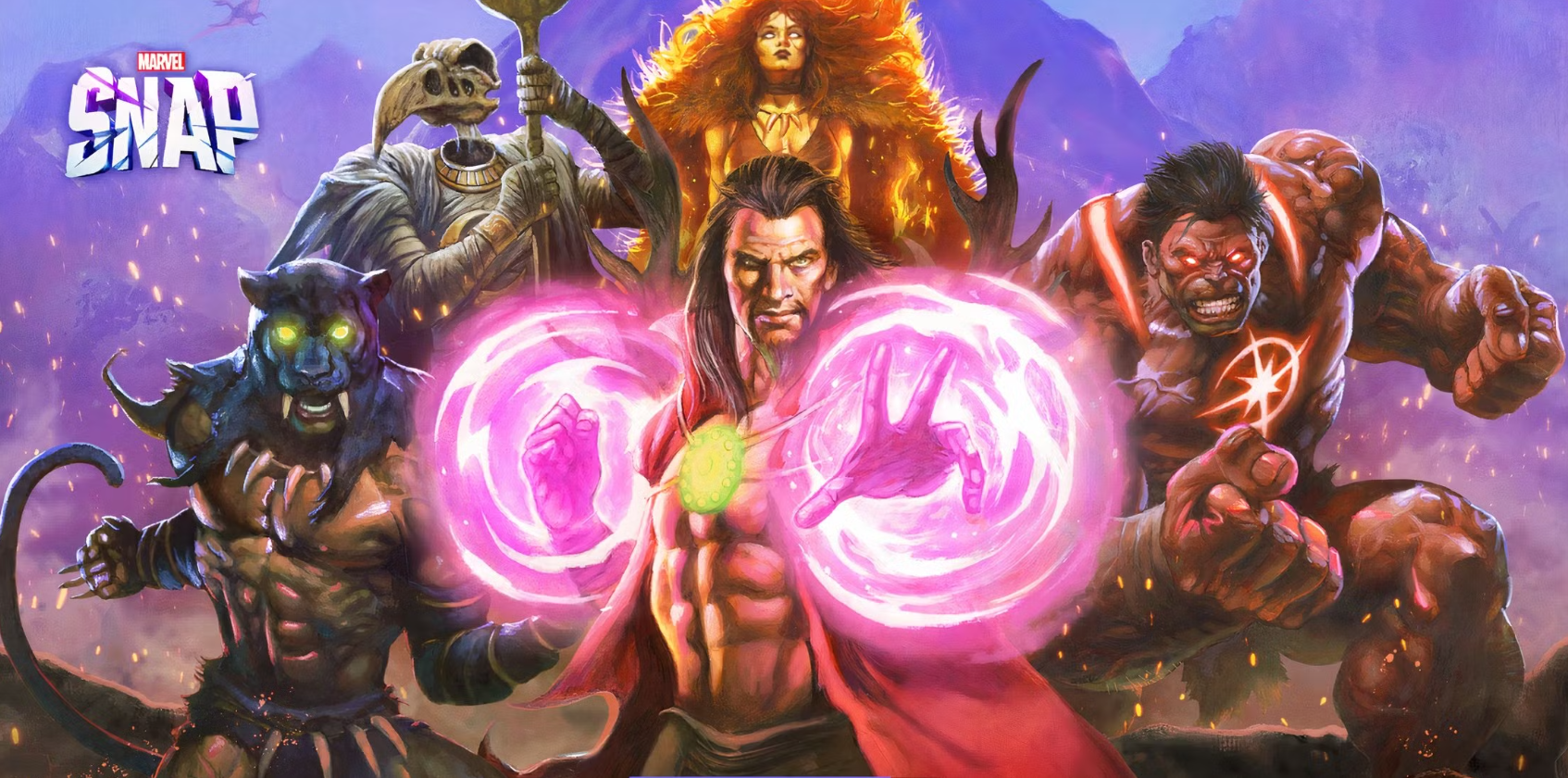Punch-Out Enthusiasts May Be Waiting a While for a New Release

Gaming insider Imran Khan has recently shared some disappointing news for fans of the Punch-Out series. According to Khan, it seems that Next Level Games is unlikely to revisit this beloved franchise in the near future. He described the cult classic Nintendo series as effectively dead, leaving many fans disheartened. The Punch-Out series, which debuted in 1984 in arcades, has always occupied a niche space in gaming. Its most notable entry, Mike Tyson’s Punch-Out for the NES, released in 1987, is often hailed as one of the most challenging and rewarding games on the console.
The game’s unique blend of strategy and reflexes captured the hearts of many gamers, making it a standout title of its time. A sequel followed on the SNES in 1994, closely mirroring the arcade experience. Despite its legacy, the series has struggled to find a place in modern gaming, with fans now facing an uncertain future regarding any new installments.
Table of Contents
The Uncertain Future of the Punch-Out Series: Challenges and Nostalgia
Most fans likely remember Next Level Games’ 2009 revival of Punch-Out, which successfully brought Little Mac back into the ring to face off against a colorful and challenging roster of boxers. This reboot was both a critical and commercial triumph, effectively solidifying Next Level Games as a reliable partner for Nintendo. Their ability to modernize a classic while retaining its charm appealed to both longtime fans and new players alike. Following this success, Next Level Games was acquired as a first-party developer for Nintendo, contributing to popular titles like Luigi’s Mansion 3 and Mario Strikers: Battle League. Despite this close relationship with Nintendo, there seems to be no immediate plans to revisit the Punch-Out series anytime soon. In a recent discussion on ResetEra, gaming insider Imran Khan shared insights from a conversation he had with someone involved in the development of the last Punch-Out game.
When asked about the possibility of a new installment, the source revealed that, while the series has a dedicated fan base, the backlash regarding character portrayals and stereotypes was more significant than anticipated. This feedback has cast a long shadow over the potential for future entries in the franchise. The development team had to reassure Nintendo that they weren’t leaning into negative stereotypes that could harm their reputation. Khan emphasized that it’s not that the team is unwilling to use stereotypes; rather, they face challenges in moving away from them without provoking backlash. “It’s less about not wanting to include stereotypes and more about being unable to fully distance themselves from the past without causing uproar,” Khan explained. This dilemma highlights the complexities of modern game development, where cultural sensitivity and representation have become crucial considerations.
The Punch-Out series, with its roots in the 1980s, reflects a different time, and updating its elements for contemporary audiences is no small feat. Moreover, Khan pointed out that other games from the studio are selling significantly better, which further complicates the decision to revisit Punch-Out. With titles that achieve 14 million copies sold, the financial incentive to invest resources into a niche title like Punch-Out diminishes. This situation illustrates a broader trend in the gaming industry where franchises must constantly evolve to remain relevant, and developers often prioritize projects with the highest return on investment. Fans of the Punch-Out series may feel a mix of nostalgia and frustration at this news. Many remember the thrill of battling through the ranks, each opponent presenting unique challenges and requiring different strategies. The series is cherished not just for its gameplay but also for its quirky characters and memorable animations. Little Mac has become an iconic figure in Nintendo’s roster, representing the underdog with determination and grit.
However, the landscape of gaming has changed dramatically since the series first rose to prominence. Today’s players are more diverse and expect games to reflect that diversity. This shift makes it even trickier for developers to navigate the legacy of a franchise like Punch-Out. As they strive to honor the original while appealing to modern sensibilities, the fear of backlash can stifle creativity. The absence of a new Punch-Out game also raises questions about the future of other classic Nintendo franchises. Will they face similar challenges if they attempt to return to their roots? As the industry evolves, it will be interesting to see how developers balance nostalgia with the need for innovation and sensitivity. For now, Punch-Out fans may have to hold onto their memories, cherishing the moments spent in the boxing ring while hoping for a more welcoming environment for a potential revival in the future.
Sales and Stereotypes Hindered Punch-Out on Wii
Khan also reflected on the sales performance of the Punch-Out series in comparison to other titles developed by Next Level Games. While Punch-Out for the Wii managed to sell over a million copies, it fell short of the sales potential seen with other popular games like Mario Strikers and the Luigi’s Mansion spin-offs. These latter titles consistently outperformed Punch-Out, which unfortunately relegated it to the status of another niche series within Nintendo’s expansive lineup. This disparity in sales figures has significant implications for how Nintendo and Next Level Games prioritize their development resources and future projects. The commercial success of a game often dictates its future, influencing whether franchises receive sequels or reboots. In an industry where the competition is fierce, and consumer preferences can shift rapidly, titles that generate higher sales figures inevitably gain more attention and investment. This reality has left Punch-Out in a precarious position, as its sales numbers don’t justify the same level of commitment from its developers. This situation raises questions about the viability of niche franchises in today’s gaming landscape, where blockbuster titles dominate.
Despite its struggles in the sales department, Punch-Out remains a beloved franchise among fans. Its unique gameplay, which blends strategy, timing, and reflexes, has created a dedicated following. Indie games like Thunder Ray have successfully captured the essence of Punch-Out, showcasing its lasting impact on game design and mechanics. These indie titles often draw inspiration from the series, employing similar gameplay styles and aesthetics while adding their own twists, which demonstrates how influential Punch-Out has been.
Little Mac continues to be a prominent character in the Super Smash Bros. series, first appearing as an Assist Trophy in Brawl and later being promoted to a playable fighter in the 3DS/Wii U and Ultimate versions. His inclusion in such a popular franchise highlights the enduring appeal of the character and the Punch-Out brand. Fans appreciate not only his classic design but also the nostalgia associated with his original games. Little Mac represents the underdog archetype, resonating with players who enjoy rooting for characters who overcome challenges against seemingly insurmountable odds. The ResetEra discussion thread expressed a collective sense of loss regarding Punch-Out’s future, with many praising Next Level Games for their exceptional work on the 2009 Wii installment. Those who played the game often recall the thrill of facing off against a diverse cast of opponents, each with unique fighting styles and personalities. The attention to detail in the animations and the vibrant, cartoonish art style contributed to the game’s charm, making it enjoyable for both seasoned gamers and newcomers alike.
As the gaming community reflects on the Punch-Out legacy, there’s a shared hope that it might one day return. Fans often reminisce about the excitement of mastering each opponent and uncovering their weaknesses. The blend of humor and challenge in Punch-Out has created memorable experiences that many still cherish. However, the challenges of today’s gaming market, including the need for sensitivity in character representation, pose significant hurdles for any potential revival. In conclusion, while Punch-Out may be sidelined for now, its impact on gaming and its dedicated fan base ensure that it will not be forgotten. The conversations around its fate underscore the complexities of game development and the delicate balance between nostalgia and progress. As players continue to advocate for the series, there remains a glimmer of hope that Punch-Out might one day step back into the spotlight, bringing Little Mac along for another round in the ring.




